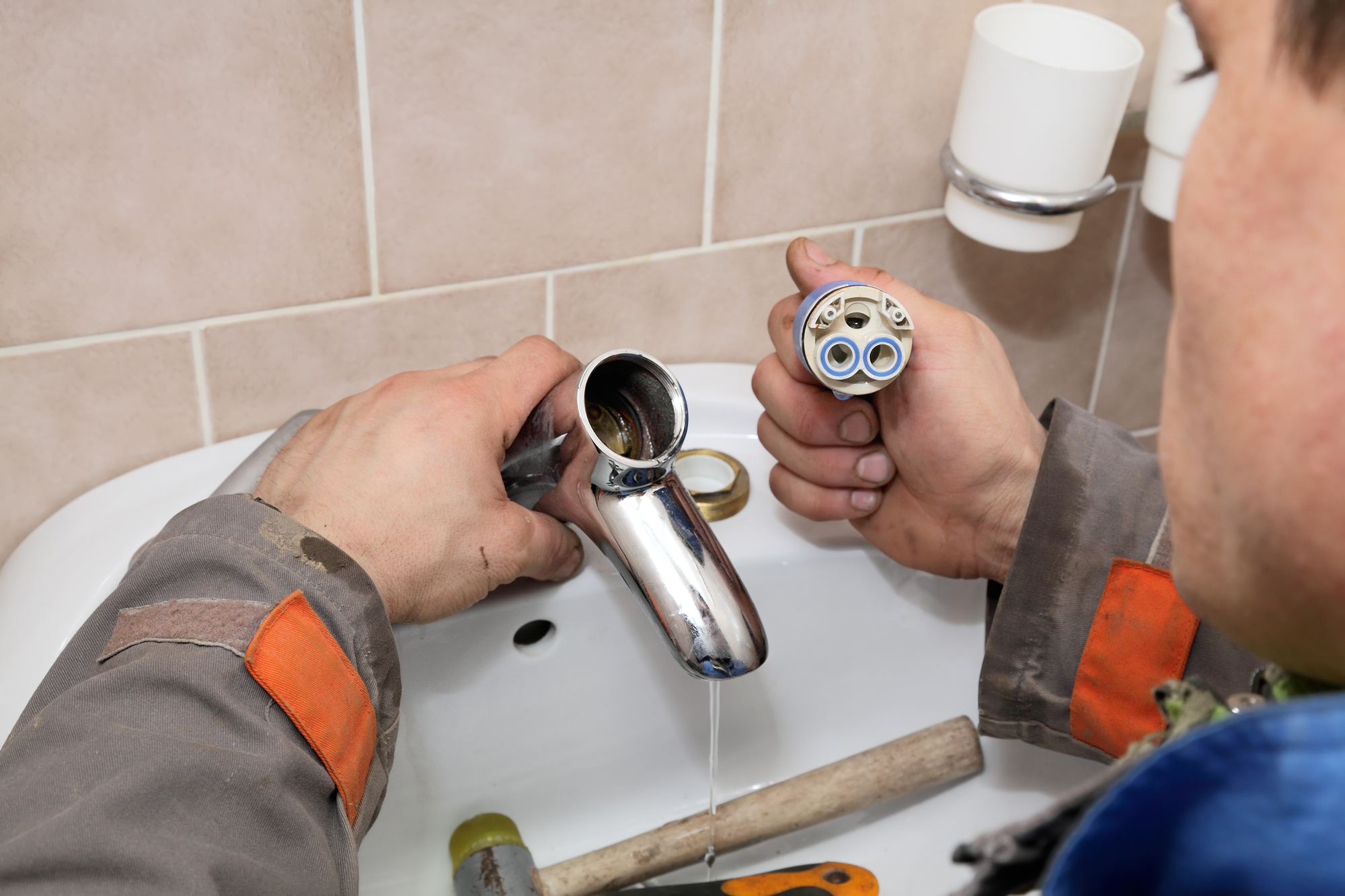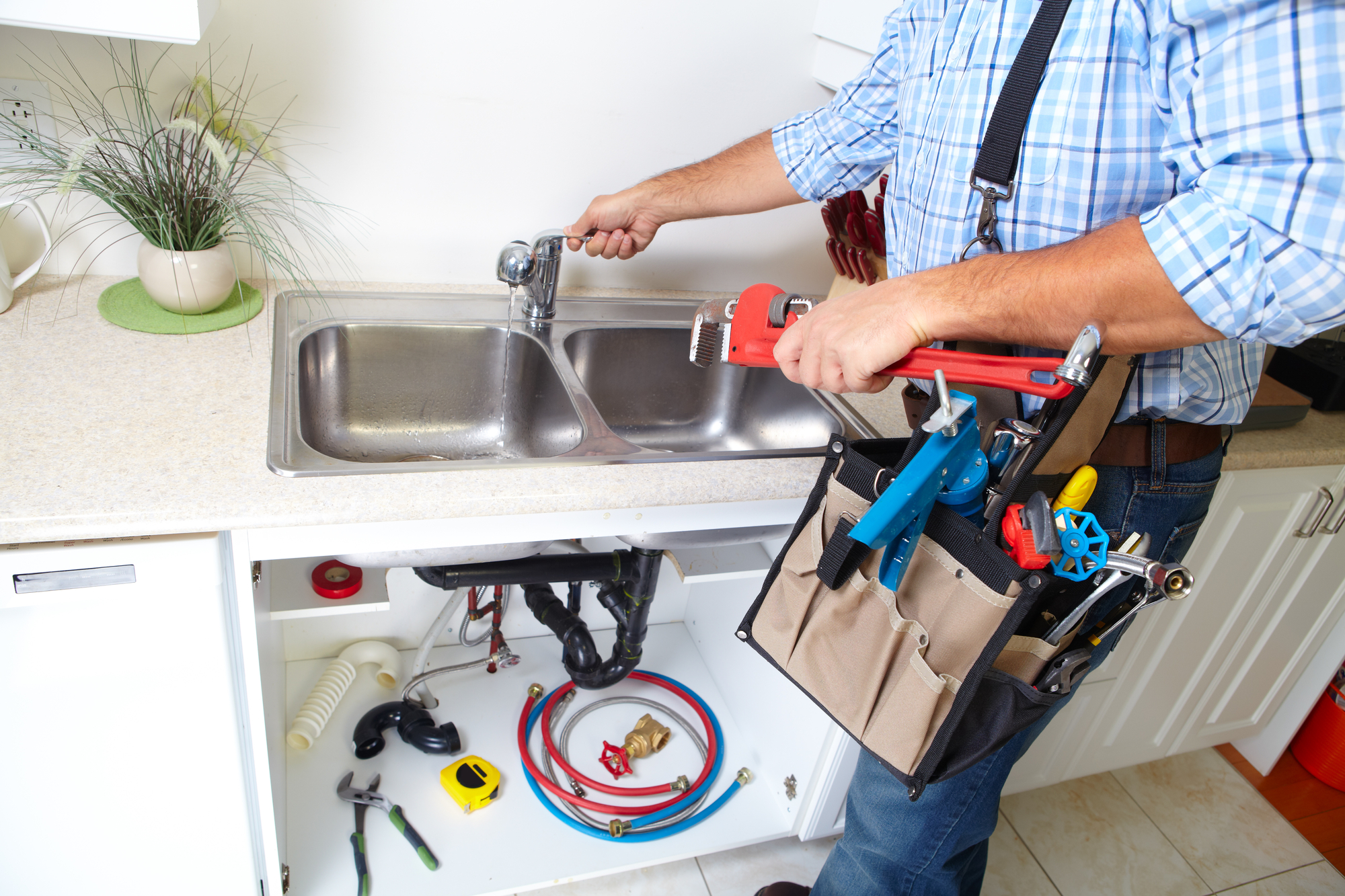As a landlord, you have many responsibilities – ensuring your units are clean, accessible, safe, and secure. One crucial aspect of providing security for your tenants is installing security cameras. However, it’s essential to understand the laws surrounding privacy when installing cameras in your properties.
In this article, we will discuss what landlords need to know about security cameras and privacy laws.
Why Install Security Cameras?
There are many reasons why you may choose to install security cameras on your property. Here are some of the most common reasons:
1. Crime Prevention – Security cameras act as a deterrent to crime. Many potential perpetrators will think twice about committing a crime if they know they are being watched.
2. Evidence – Security cameras can provide vital evidence in the case of a crime, helping law enforcement to catch the perpetrator.

3. Tenant Safety – Security cameras can help keep tenants safe by monitoring common areas, entrances, and exits.
4. Prevent Property Damage – Security cameras can help deter vandalism and other property damage.
What are the Privacy Laws Around Security Cameras?
While security cameras can provide safety and peace of mind, there are strict laws around their use. As a landlord, it’s crucial to understand these laws to avoid violating your tenants’ privacy.
The primary law governing the use of security cameras is the Federal Wiretap Act. This law prohibits audio recording of individuals without their consent. As such, security cameras that capture audio are generally not allowed.
The second law governing security cameras is the Video Voyeurism Prevention Act. This law prohibits the use of hidden cameras to secretly record individuals in private places such as bathrooms and bedrooms. As such, landlords must be transparent about the placement of their security cameras and obtain their tenants’ informed consent.

What Consents Should You Get From Your Tenants?
When installing security cameras, it’s crucial to get your tenants’ informed consent. Here’s what you need to do:
1. Write Down A Policy: Draft a policy outlining the use of security cameras on your property. Be specific about where the cameras will be placed and what they will be recording.
2. Inform Your Tenants: Once you have written the policy, inform your tenants about the cameras’ installation and provide them with a written copy of the policy. Explain why the cameras are being installed and how they will benefit your tenants.
3. Obtain Written Consent: Obtain written consent from your tenants, acknowledging that they have received, read, and understood the policy.
4. Offer Alternatives: Provide alternative options for tenants who do not consent to the use of security cameras, such as offering them a different unit that does not have cameras.
Conclusion
Installing security cameras on your property can provide many benefits, including crime prevention, evidence gathering, and tenant safety. However, it’s essential to understand and comply with the laws surrounding their use. The Federal Wiretap Act and Video Voyeurism Prevention Act regulate the placement of security cameras in rental properties.
As a landlord, it’s crucial to provide transparency and obtain your tenants’ informed consent before installing security cameras. Always be mindful of your tenants’ privacy rights and avoid using hidden cameras in private spaces.
In summary, to ensure you comply with the necessary privacy laws:
-Write Down & Provide Policy: Draft a policy outlining the use of security cameras on your property, inform tenants about it and provide them with a written copy of the policy.
-Obtain Written Consent: Ensure to get written consent from tenants who acknowledge that they have received, read, and understood the policy.
-Offer Alternatives: Provide alternative options for tenants who do not consent to the use of security cameras, such as offering them a different unit that does not have cameras.






